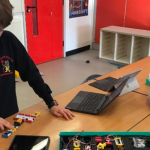Learning isn’t always the most exciting activity for students, but it doesn’t have to be boring. With the help of educational applications, students can make learning fun and engaging. These applications provide the tools and resources to create a stimulating learning environment. From interactive games to hands-on challenges, they offer a variety of activities that can help students become more creative and engaged in their learning. With the right tool, students can easily access lessons, practice, and even virtual field trips, so they can explore the world without leaving their classroom. With the right application, learning can be playful for every student, and teachers can easily track their progress to help them make more consistent gains.
Overview of educational applications
Educational applications are programs that are designed to help improve student learning. They provide interactive activities that can make the learning process more engaging and fun. With the right application, students can explore real-life scenarios and apply their knowledge in a simulated environment that makes learning easier. Educational applications can be used on various devices, making it easy to integrate technology into the classroom. With customized applications, students should be able to practice skills regardless of their learning style. They can also take advantage of social and collaborative learning activities, video content, and more.
Benefits of educational applications
There are many benefits to using educational applications in the classroom. They can help students learn new skills and concepts to develop their proficiency in different subject areas. These applications can also help build students’ confidence and self-esteem. With the help of interactive activities and games, students can engage in a fun and challenging way. Educational applications can also make it easier for students to practice essential skills, such as critical thinking, problem-solving, and creativity.
Types of educational applications
Educational applications can be broken down into a few different categories. Edutainment applications, or entertaining applications with educational value, offer a new way to teach and present content. Learn-to-go applications are portable and designed for on-the-go learning. Content-creation applications are designed for teachers who want to create their lessons. Collaboration applications are designed for students to work together in real time. Virtual reality applications immerse users in a simulated 3D environment. Digital textbook applications bring interactive content to the textbook.
Examples of educational applications
Here are a few educational applications that can help improve your teaching.
Twin STEM Application
Developed within the United Nations SDG framework, the Twin STEM App is a fantastic teacher tool. It eliminates the need to push students too hard and provides an organic, gamified experience that helps children develop social and emotional skills. It also enables students to be involved at their own pace and helps teachers reduce unnecessary effort. With the Twin STEM App, teachers can foster an engaging learning environment that can truly help students reach their full potential.
Click to explore Twin’s education solutions
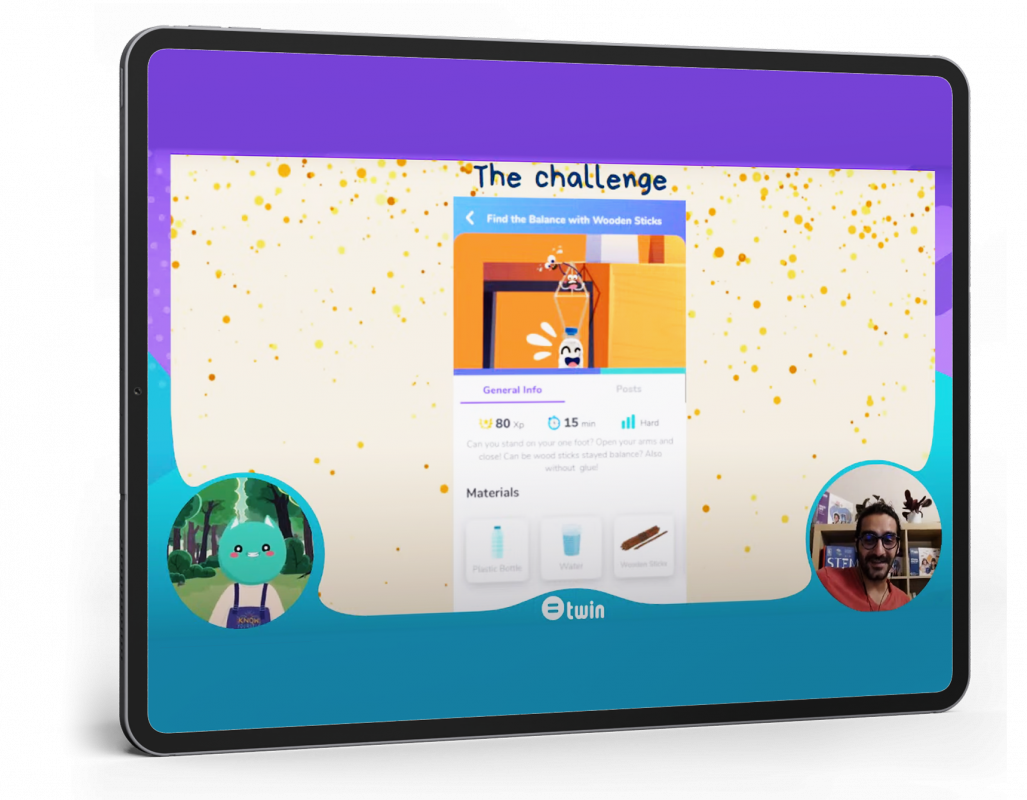
Lyfta
Lyfta invites students to experience different cultures and perspectives. It gives them the opportunity to see and connect with positive human stories from around the world – modelling resilience, problem-solving, teamwork, and many other critical skills, values and competencies.
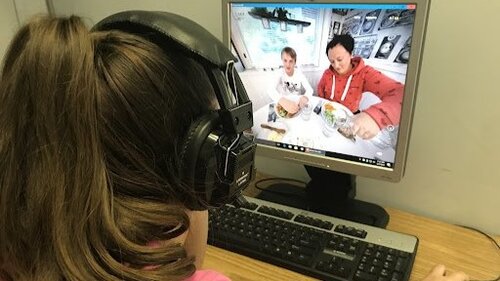
ClassVR
This application is designed to make it easier for students to practice skills in a virtual field trip environment. Students can explore different destinations and learn about different cultures.
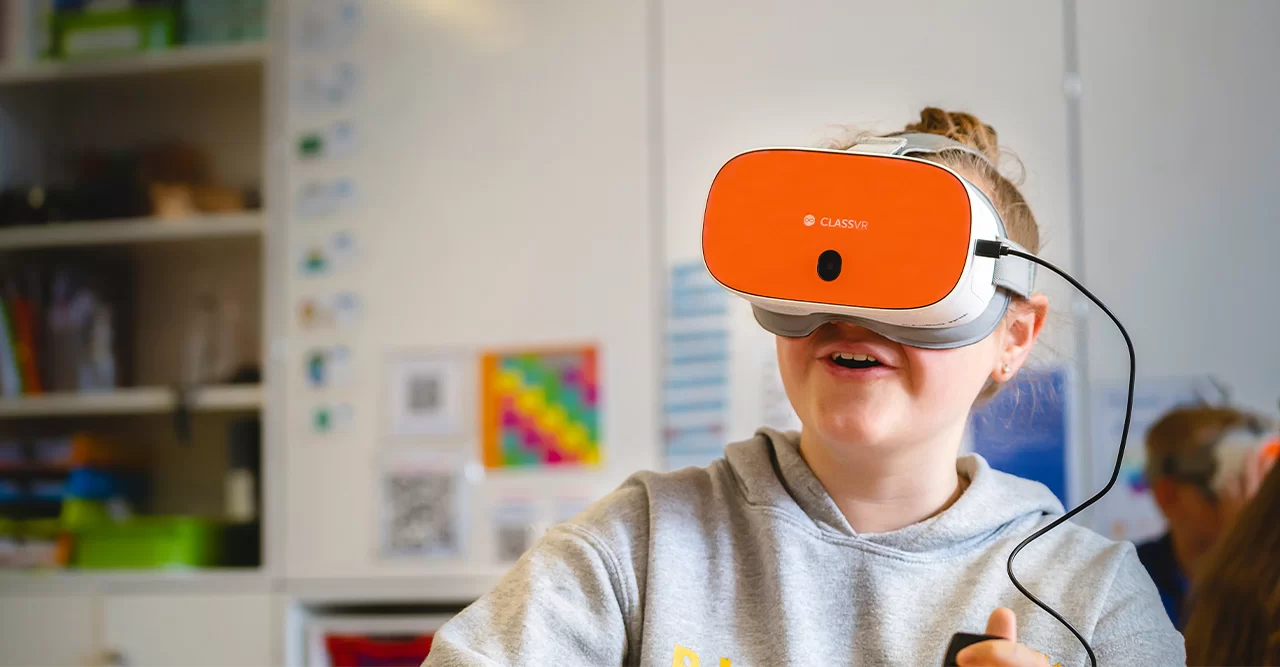
Discovery Education
This is an edutainment application that offers a variety of features that can make learning fun and engaging. It can provide teachers with tools to create simulations, quizzes, and virtual laboratories. Students can explore the world around them and learn about different cultures.

Quizlet
With Quizlet, you can make learning more effective through free flashcards. It’s free to use and provides access to millions of study sets, prepared by teachers and learners. Additionally, you have the option to find solutions for any problem in 64 different subjects. All the solutions are written and approved by professionals.
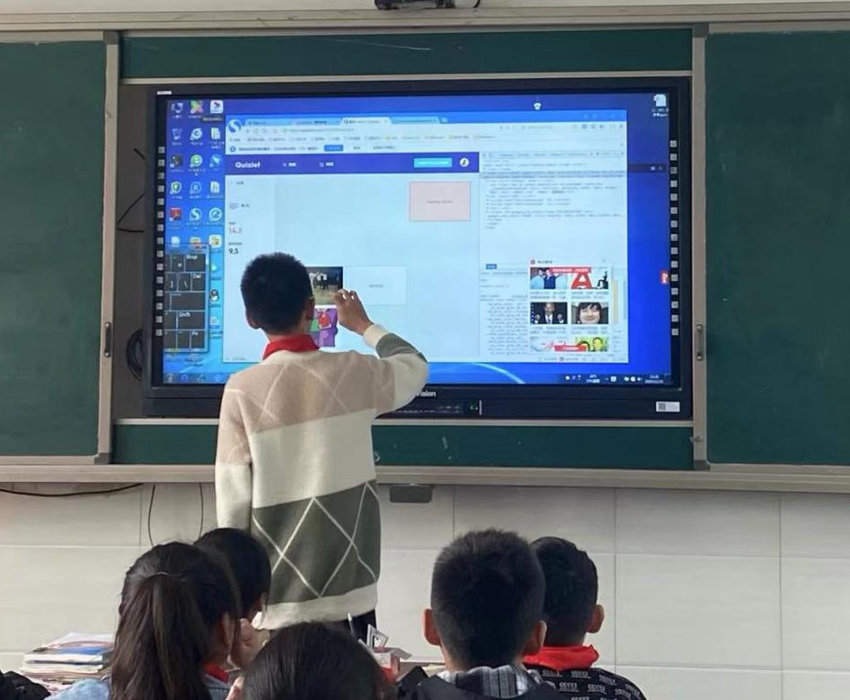
Kahoot
Simply enter your questions and answers into the site to instantly create a game show-like atmosphere in the classroom. This is a great way to motivate your students and make learning fun!
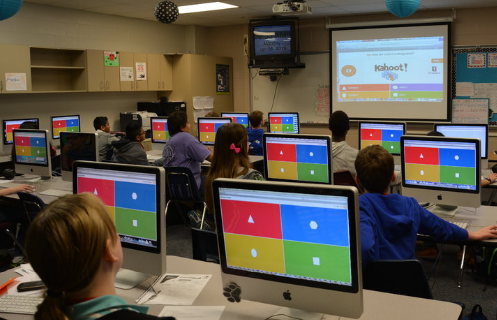
Google Classroom
Chances are if your school utilizes the G Suite for Education (previously known as Google Apps for Education), you are familiar with Google Classroom. This app can be used to not only assign and grade tasks, but also to organize all class materials on Google Drive. Furthermore, it provides an efficient way to stay in contact with your students, whether you are making announcements or engaging them with conversations.
Epic
Elementary school teachers can now access an abundance of books for their students without worrying about spending too much money. The Epic Unlimited Books for Kids app provides teachers in the U.S. and Canada with free access to over 40,000 kid-friendly books, including titles from National Geographic Kids and the Goosebumps series.
Educreations
With Educreations, you can create engaging tutorials for students with a variety of features, such as animations, videos, diagrams, and audio. Record your own audio to explain your actions, so your students can easily follow along with your instructions and commentary.
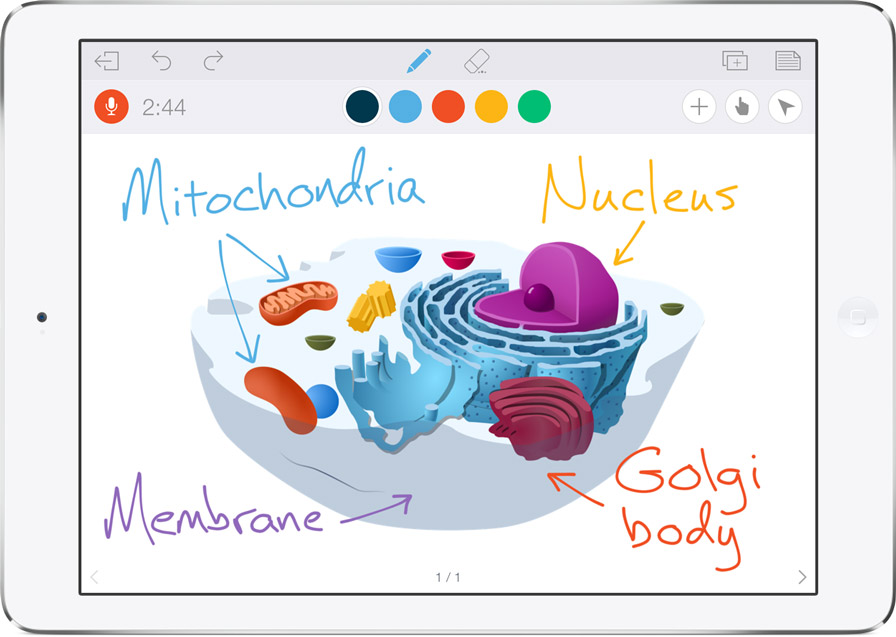
Considerations when choosing an educational application
When choosing an educational application, it’s important to consider a few factors. You should choose an application that supports the curriculum and helps students to achieve the goals you’ve set for them. You should also choose an application that’s easy to use. Some applications are designed for teachers, while others are intended for students. You should also consider the cost of different applications and determine what is within your budget. You should read reviews and seek out information about different applications to determine if they are right for your classroom.
How to implement educational applications in the classroom
Before implementing an educational application in the classroom, you should discuss it with your students. You should find out if they are interested in using the application and what they would like to do with it. After deciding which application to use, you should determine how it will be integrated into your classroom. You should create a plan for how it will be used and how often it will be used. You should also determine who will be responsible for it.
Strategies for making the most of educational applications
Once you have implemented an educational application into your classroom, there are a few strategies you can use to make the most of it. You should make sure students are using the application consistently and regularly. You should also make sure students are using the application in a variety of ways. You should also encourage students to provide feedback about the application and let their teachers know how they feel about it.
Tips for improving student engagement with educational applications
Here are a few tips for improving student engagement with educational applications. First, you should create a consistent schedule. You should also make sure students know how to use the application. You should also consider encouraging students to collaborate to make the most of the application. You should also keep track of how students are using the application. This can help you to identify areas they need to improve and can help you track student progress.
Resources for finding the best educational applications
There are a few different ways you can find the best educational applications. You should first determine what your needs are. Are you looking for an application that is interactive? Do you want something that is easy to use? Once you have determined your needs, you can start to look for applications. You should consider reading reviews to learn more about different applications and determine if they are right for you. You can also talk to other educators to see if they have any recommendations.
Conclusion
There are many benefits to using educational applications in the classroom. They can help students learn new skills and concepts to develop their proficiency in different subject areas. Educational applications can also help build students’ confidence and self-esteem. With the help of interactive activities and games, students can engage in a fun and challenging way. Once you have implemented an educational application into your classroom, there are a few strategies you can use to make the most of it. You can also find the best educational applications by first determining your needs and then choosing the application that best fits your needs.


